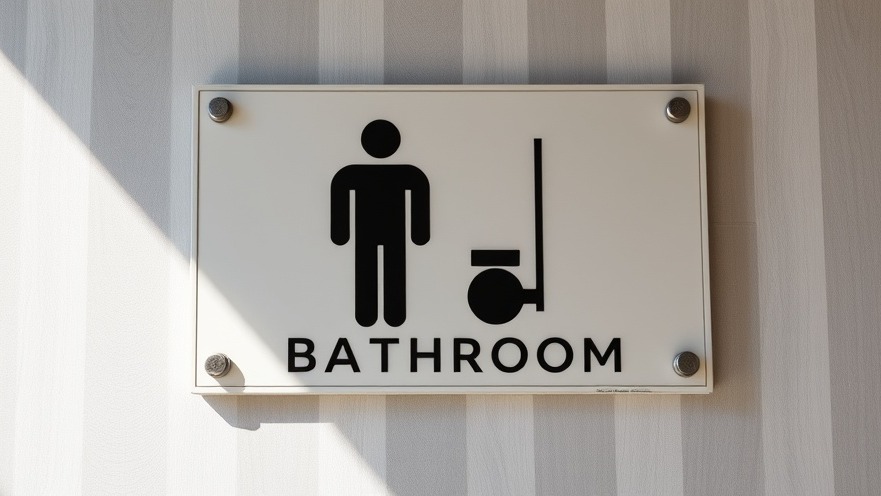
The Escalation of Military Action: A New Chapter in US-Iran Relations
In a bold display of military power, President Donald Trump announced that the United States has conducted strikes on three Iranian nuclear sites, aligning U.S. efforts with Israel’s ongoing campaign to dismantle the Islamic Republic’s contentious nuclear program. This operation marks a critical juncture in U.S.-Iran relations as the ramifications of these strikes could ripple across the Middle East, escalating tensions that have simmered for decades.
Understanding the Stakes
Trump’s assertion of a successful military action comes amidst escalated rhetoric regarding Iran’s nuclear ambitions and potential threats to regional stability. The targeted sites included Fordow, Natanz, and Esfahan—key facilities believed to be integral to Iran's nuclear weapon capabilities. The decision to involve U.S. military forces directly was not made lightly, as it risks provoking a fierce retaliation from Tehran, which has already threatened counterattacks in response to Israeli airstrikes.
Israel's Longstanding Concerns
For Israel, the perceived existential threat from Iran's nuclear pursuits has been a primary concern for many years. Israeli Prime Minister Benjamin Netanyahu has repeatedly emphasized that military operations against Iranian facilities will continue “for as long as it takes” to ensure national security. The collaborative U.S.-Israel strategy seeks to disrupt Iran's military potential at its core, targeting its air defenses and nuclear enrichment capacities.
Past and Present: Lessons from the Gulf Wars
Drawing parallels to previous U.S. military engagements in the Middle East, experts caution that direct involvement in Iran may lead to a quagmire reminiscent of the conflicts in Iraq and Afghanistan. The history of the U.S. engaging in protracted military campaigns in the region suggests that the aftermath may not simply yield the intended outcomes of denuclearization but could rather stall diplomatic efforts for peace, further entrenching adversarial positions.
The Global Response and Future Implications
The strikes not only spotlight U.S. foreign policy challenges but also reflect on global reactions to such actions. NATO allies and other nations are watching closely, understanding that involvement in the Iranian conflict may impact economic markets, particularly in oil and gas sectors, which are critical to global economies. Many political analysts believe that rising oil prices could be one of the first signs of a broader conflict, disrupting not only Middle Eastern markets but also affecting national economies worldwide.
Reactions from Tehran and Beyond
Iran’s leadership has yet to officially confirm any strikes but has consistently vowed to respond to U.S. aggression. This resistance may emerge in various forms, from cyber warfare targeting U.S. infrastructure to proxy engagements with allied forces in the region. Observing how Tehran orchestrates its retaliation will be crucial for international observers, especially for those involved in stabilizing the volatile region.
What Does This Mean for Americans?
As citizens of the United States reflect on these developments, the implications stretch far beyond military strategic outcomes. Trump framed this military action as a significant victory, declaring it an “HISTORIC MOMENT FOR THE UNITED STATES OF AMERICA, ISRAEL, AND THE WORLD.” However, public sentiment regarding such military actions often oscillates between patriotism and skepticism, particularly relevant before the upcoming 2025 elections. Many will be closely monitoring how these events impact domestic issues like public safety, economic stability, and healthcare.
Call to Engagement: Stay Informed!
In an increasingly complex global landscape, staying informed about international developments is essential. As the situation in Iran proceeds, we encourage our readers in Dallas to remain engaged with local news updates. Understanding the balance between local and international implications can better equip us to engage in meaningful discussions about public policy and community activism.
 Add Element
Add Element  Add Row
Add Row 



Write A Comment